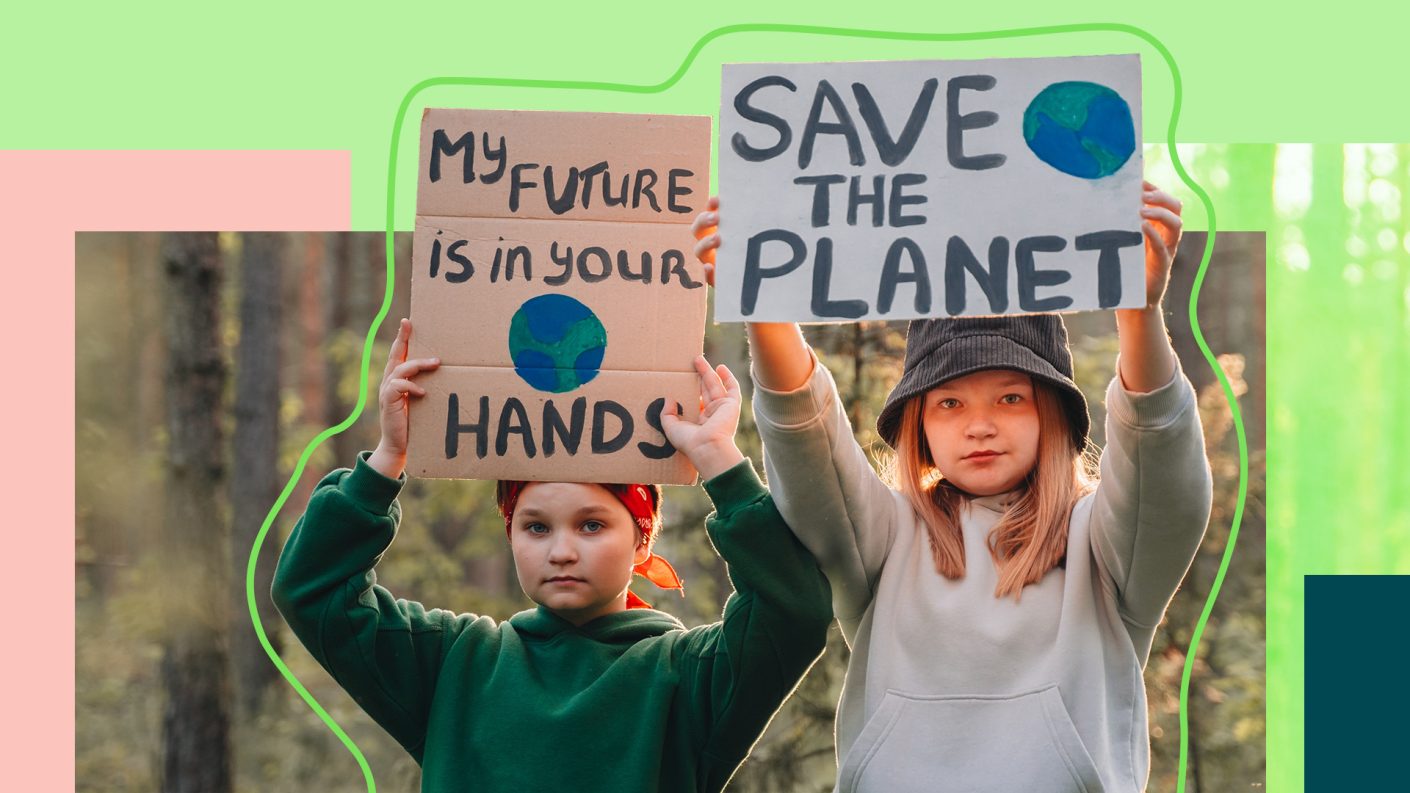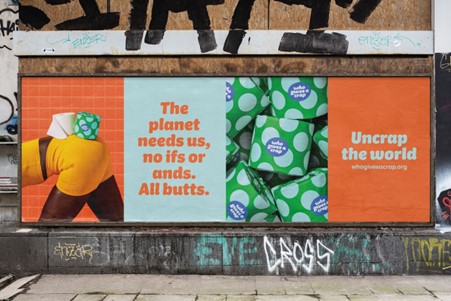Blog
Raising the bar: why sustainability is no longer enough
We need to plant the seeds of change that go beyond maintaining the status quo and adopt a regenerative mindset.


Katia Pallini
05 October 2023
3 min read
In September, six Portuguese Gen Z’ers, aged between 11 and 24, took 32 countries to trial in an unprecedented case. They are suing the nations at the European Court of Human Rights for failing to protect them against climate change. A lawsuit that can change the game in this battle for positive change. In fact, there are more than 2,400 climate lawsuits globally in motion according to the Climate Change Litigation Databases, not only against governments but also brand and organisations. The need to care for the planet is something people also demand from brands. In fact, our latest study on the subject* showed 85% of consumers feel brands need to take their responsibility here.
People are increasingly calling out governments and brands to start turning the tables when it comes to protecting the future of people and planet.
Sustainability is not enough
The word sustainability derives from the Latin ’sustinere’, which literally means to uphold or maintain and, as we all know, refers to the practices and policies supporting the preservation of natural resources.
Sustainability focuses on maintaining the current state of the environment and society, which implies that we are striving for a status-quo. But this won’t protect the future of our planet and our species. The latest Intergovernmental Panel on Climate Change (IPCC) report highlighted that if we want to limit global warming to 1.5C we can only emit 420bn more tons of CO2, which equals 10 years of current emissions. This means that even in a ‘status-quo mindset’ global temperatures will likely exceed 1.5C by the early 2030s.
Reaching regeneration
Protecting what’s there is no longer enough. We need to fundamentally change how we do things if we want to safeguard our future. We need to give back to our planet, more than we take from it. This implies thinking in regenerative ways, where we adopt a mindset where we actively restore and revitalize our human and ecological systems. 78% of people globally agree we must move beyond ‘sustaining’ and into ‘reversing’ the damage done.
And this is on all of us. We are all stakeholders of the planet, so we all have a role to play here, including brands. In fact, 85% of people worldwide feel brands need to take responsibility. There is an opportunity for brands to show the way and to take the lead in shifting from sustainable to regenerative practices, even if this is one step at a time.
An example is the clothing and lifestyle brand, ‘Zero Waste Daniel’, founded by Daniel Silverstein. After a career in fashion, learning firsthand how much fabric was being thrown out by traditional brands, it became his mission to end waste culture. Today Daniel uses pre-consumer waste as well as other hard-to-recycle materials, to create a line of genderless clothing and accessories.
“I’m willing to work with what we’ve got, I don’t care how long it takes, I care that you look good. I care that it’s made here, that it’s made fair.” – Daniel Silverstein
Another example is ‘who gives a crap’, revolutionizing the toilet paper industry using recycled paper and giving it a second life as toilet paper. Their mission is not only to reduce waste but sharing 50% of their profits to solve the fact that billions of people worldwide don’t have access to adequate water and sanitation facilities.

People are tired of greenwashing and 84% expect brands to be transparent about their regeneration journey (even if it might be imperfect). 1 in 2 consumers even considers brands that don’t communicate about sustainability as not sustainable.
8 out of 10 people worldwide seriously worry about the future. Many people, organisations and brands want to make a positive change, but they often don’t know how or where to start. Our 2024 What Matters report maps out different ways to do just that. We shed light on the underlying consumer frictions and needs as well as expectations towards brands, what people say versus what they do – and the role brands play in closing this gap. Want to make it matter, download your free copy here.
*Survey ran in Otober 2023 – 17 markets (AR, AU, BR, CL, CN, CO, DE, FR, HK, MX, PH, SG, TH, UAE, UK, US, ZA), n= 13028
Ready to do what matters?
Let’s connect